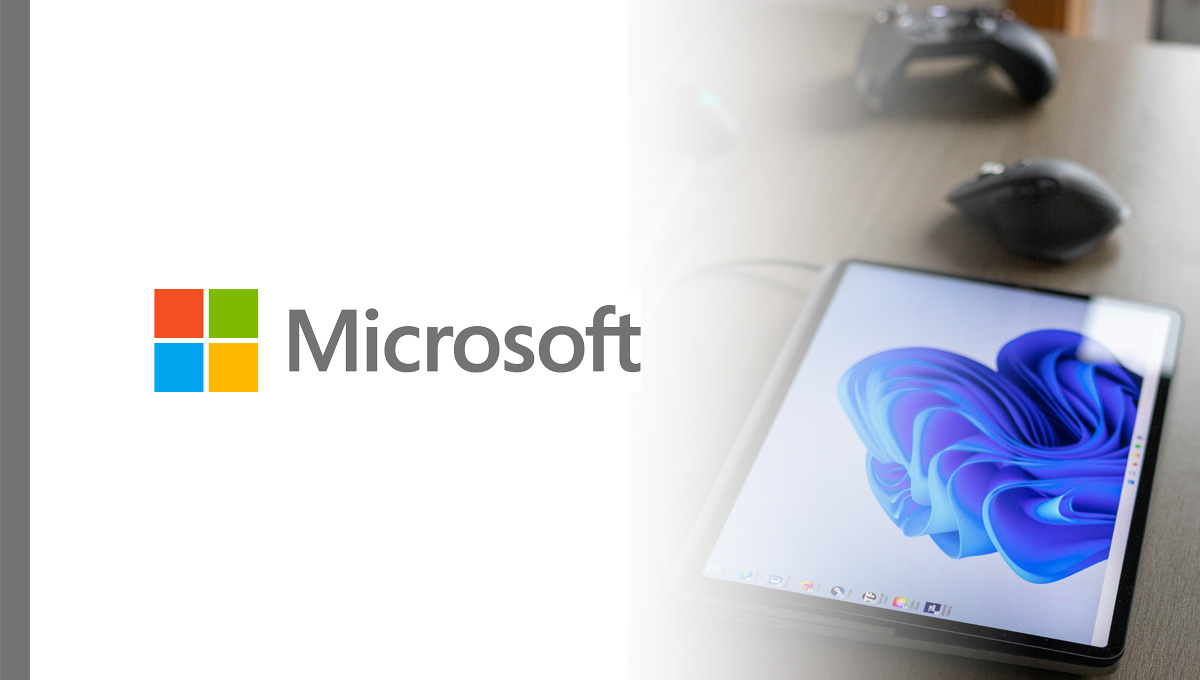Innovation and sustainability are critical to shaping a better future, and Microsoft is at the leading edge, harnessing technology to develop eco-friendly solutions that benefit both industries and the planet.
Understanding Innovation in the Context of Technology
In the technology sector, innovation transcends the mere introduction of new products; it represents transformative concepts that lead to significant enhancements in processes, practices, and overall societal progression. It encompasses the implementation of new ideas, goods, or methods that elevate efficiency, effectiveness, or value.
Interested in data on top US companies?
Save tens of hours in 2 minutes with some of our best-selling Excel files:
– Types of Innovation:
– Product Innovation: The creation of new or significantly improved goods and services that meet changing market demands.
– Process Innovation: Refinement of existing methods or processes to enhance performance, improve output quality, and lower costs.
– Business Model Innovation: Redefining how an organization creates and delivers value to customers, often leading to disruptions in traditional business settings.
To cultivate an innovative environment, both individuals and organizations should:
– Remain vigilant about emerging technologies and market trends.
– Encourage a culture that prioritizes creativity, experimentation, and calculated risk-taking.
– Foster partnerships with customers, suppliers, and stakeholders to obtain valuable feedback and generate innovative ideas.
Microsoft’s Commitment to Sustainability
Microsoft’s operational ethos is strongly rooted in intertwining growth strategies with sustainability, with a focus on minimizing environmental impacts and aligning business practices with global sustainability goals.
– Core Sustainability Goals:
– Carbon Negative by 2030: Committed to removing more carbon from the environment than it emits, this goal aims to mitigate climate change.
– Water Positive by 2030: Aiming to replenish more water than its operations consume globally, contributing to water sustainability.
– Zero Waste by 2030: Developing a circular economy by minimizing waste generation and maximizing waste repurposing.
There are several steps individuals can take to contribute to sustainability efforts, including:
– Reducing energy consumption in daily activities.
– Supporting businesses with eco-friendly practices.
– Engaging in local sustainability initiatives and advocating for environmentally-friendly policies.
Innovative Technologies Driving Sustainability at Microsoft
Microsoft invests heavily in cutting-edge technologies aimed at enhancing sustainability, lowering carbon emissions, and improving resource efficiency.
– Key Technologies:
– Artificial Intelligence (AI): Employed to optimize energy consumption, analyze data for predictive resource management, and support climate research projects.
– Cloud Computing: Through its Azure platform, Microsoft offers eco-friendly solutions that facilitate energy-efficient data management and promote the reduction of physical server reliance.
– Internet of Things (IoT) Devices: Utilized to monitor and control resource usage in real-time, maximizing operational efficiencies across various sectors.
Organizations looking to embrace similar technologies can:
– Conduct thorough operational assessments to identify energy-saving opportunities.
– Explore cloud infrastructure solutions that align with their sustainability goals.
– Investigate AI-driven tools to enhance resource management and waste reduction practices.
The Role of Partnerships in Promoting Sustainable Practices
Collaboration is a cornerstone of advancing innovation and sustainability. Microsoft engages in strategic partnerships with a variety of stakeholders, including government agencies, non-profits, and private enterprises, to amplify its impact on sustainability.
– Key Partnerships:
– Government Initiatives: Collaborating with local and national governments to drive policy initiatives focused on climate action.
– NGOs and Environmental Organizations: Forming alliances to raise awareness and develop comprehensive sustainability strategies.
– Academic Institutions: Working on research and development of sustainable technologies, fostering innovation through knowledge exchange.
By engaging in alliances, companies can:
– Combine resources and expertise for greater collective impact.
– Encourage systemic changes unattainable through isolated efforts.
– Enhance their brand reputation and consumer trust through credible collaborations.
Implementing Sustainable Practices in Daily Business Operations
Microsoft integrates sustainability not only at a strategic level but also in its everyday operations, setting an example for businesses worldwide.
– Practical Sustainable Practices:
– Energy Efficiency Programs: Implementing robust measures to enhance energy conservation across all facilities.
– Remote Work Policies: Reducing carbon footprints through flexible work arrangements that minimize commuting emissions.
– Recycling and Waste Management Initiatives: Encouraging employees to participate in recycling programs and practice responsible waste disposal.
Organizations of all sizes can incorporate similar sustainable practices by:
– Conducting thorough audits to evaluate their current sustainability measures.
– Initiating employee engagement programs that foster a sustainability-centric culture.
– Establishing specific, measurable goals for tracking progress and motivating teams toward sustainability objectives.
The integration of innovation and sustainability into an organization’s strategic framework is no longer merely an optional endeavor; it has become a fundamental requirement in our rapidly changing world. Following Microsoft’s example, organizations can play a vital role in creating a sustainable future while enhancing operational efficiency. By embracing informed choices and innovative technologies, we can contribute to a world where sustainability and innovation thrive hand in hand.









![Top 1200 UK Companies [FTSE All-Share + FTSE AIM All-Share] – Excel Download](http://store.disfold.com/wp-content/uploads/sites/11/2024/05/top-1200-uk-companies-ftseallshare-aimallshare-small.jpg)
![Top 500 Australian Companies [All Ordinaries] – Excel Download](http://store.disfold.com/wp-content/uploads/sites/11/2021/04/top-500-australian-companies-allordinaries-small.jpg)